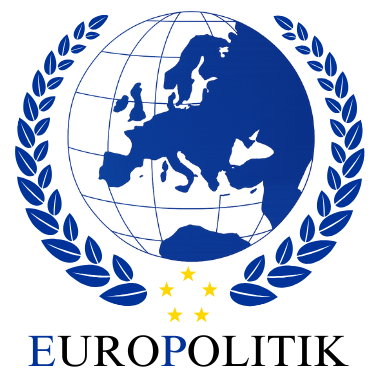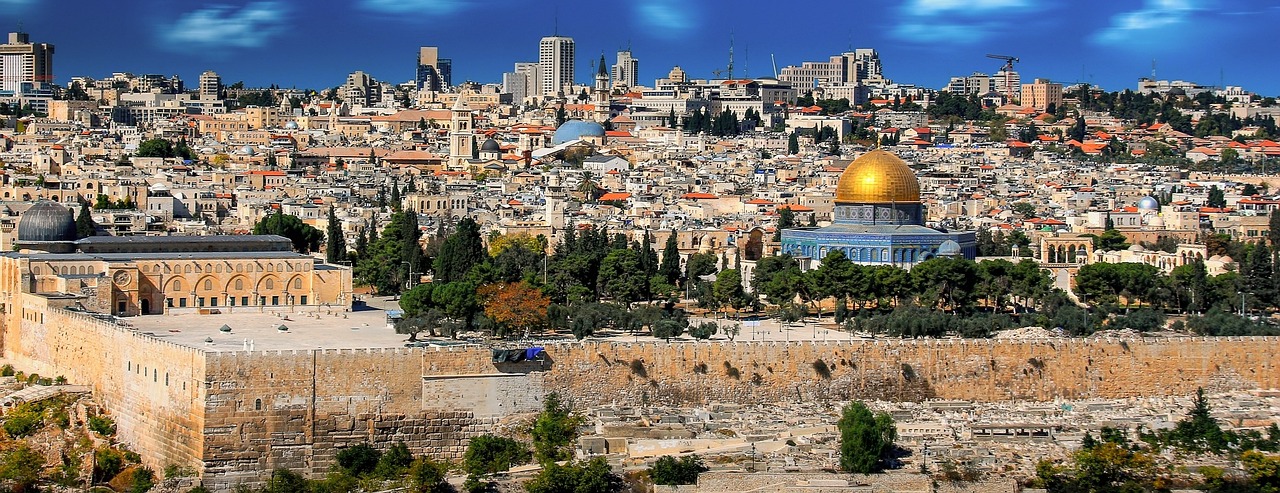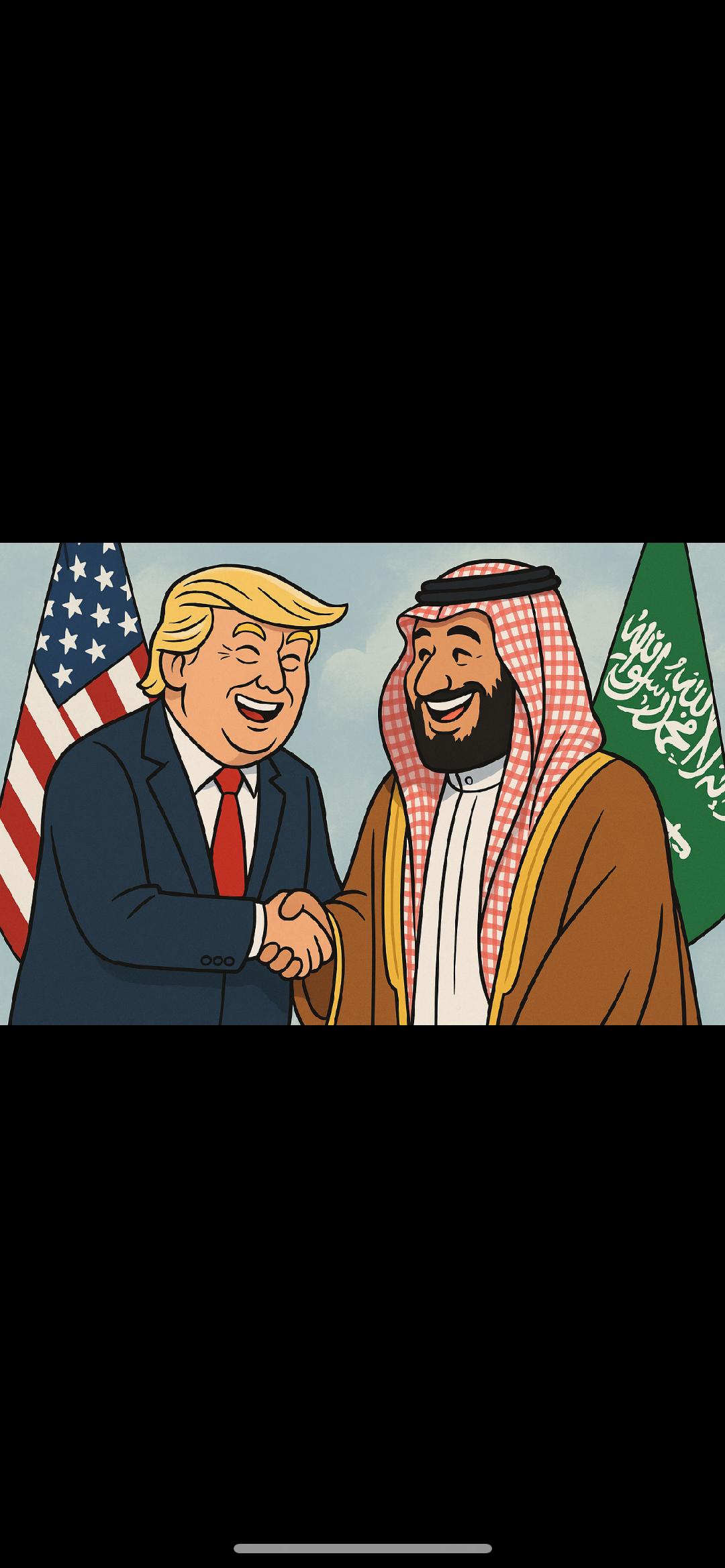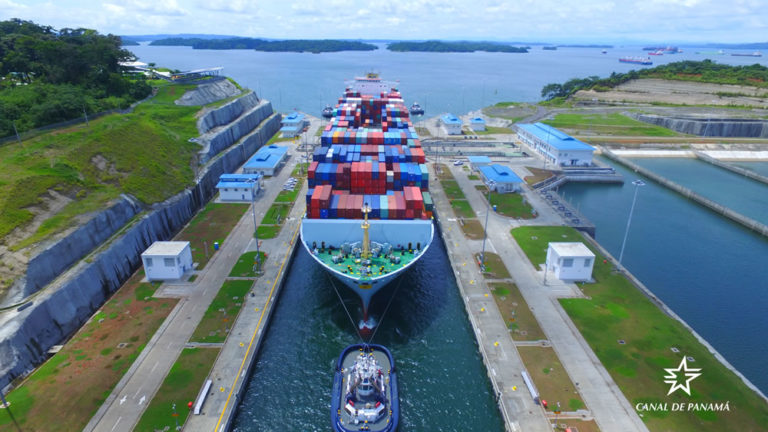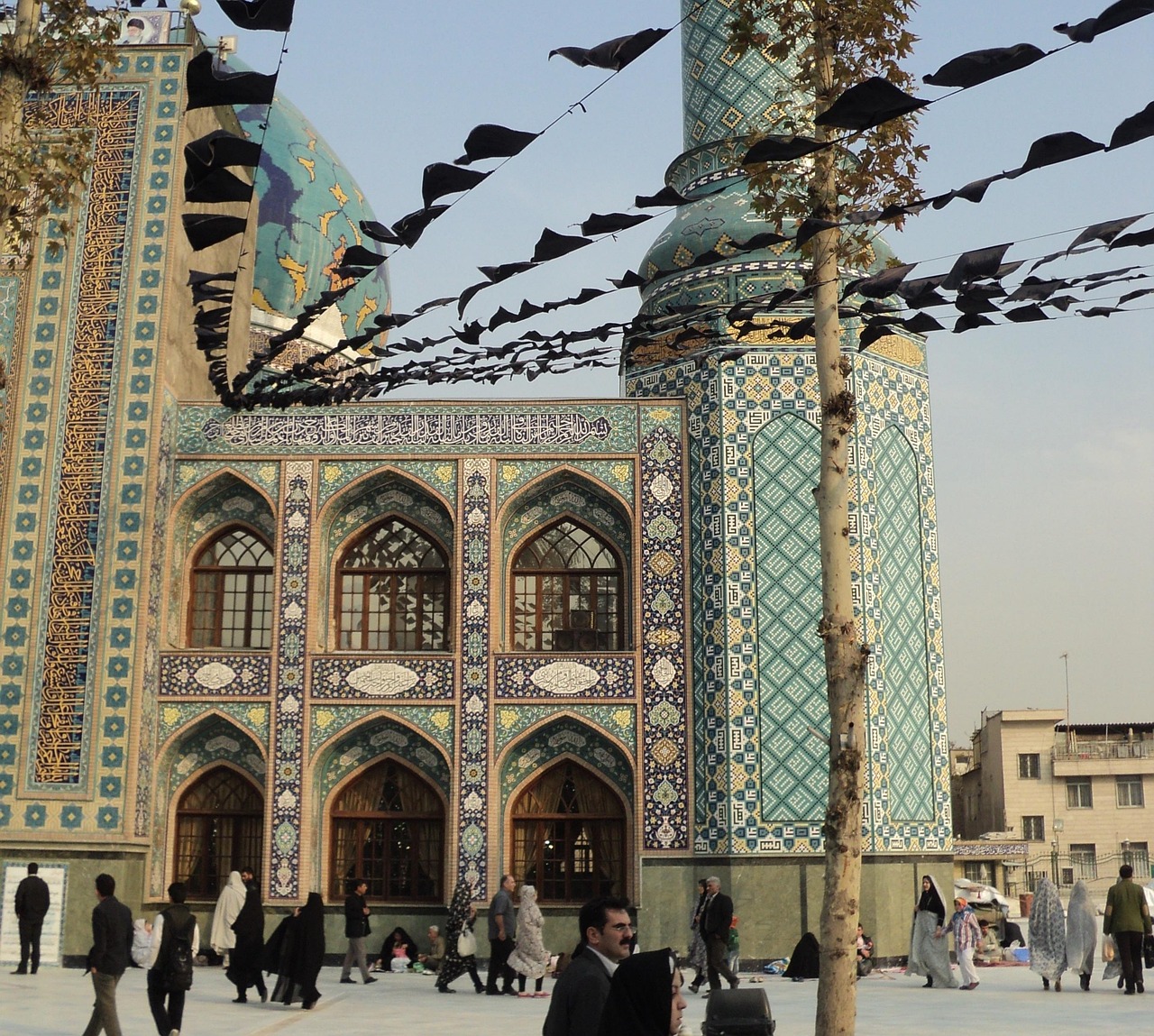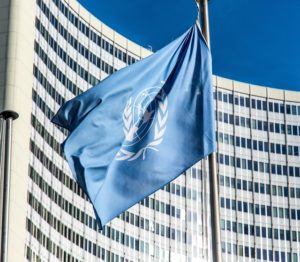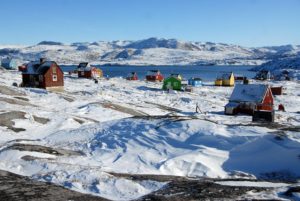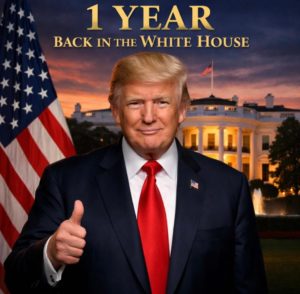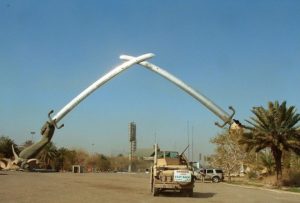According to commentators on Middle Eastern politics, the image will likely remain one of the most powerful moments of the new U.S. President’s term: Donald Trump entering the Knesset, Israel’s parliament, to a standing ovation — hailed as a hero by a nation that had held its breath for months, hoping at last for the release of hostages held by Hamas for two years. His arrival marks the beginning of a regional marathon that will next take him to Sharm el-Sheikh in Egypt, where he is expected to seal a regional and international agreement on Gaza’s future.
An “Eternal Friendship”
The American President, whom some had recently dismissed as tired, delivered a passionate, solemn, and at times humorous speech outlining the foundations of a new political order for the Middle East. Presenting himself as Israel’s “eternal friend,” the man who managed to combine faith, strategy, and power to achieve the unthinkable — the liberation of Israeli hostages after weeks of anguish and tangled negotiations — was greeted almost like a messiah. Not only a religious messiah, though there was something of that in the air, but also a political one. Since the announcement of the ceasefire, the bombings over Gaza have ceased, and the enclave’s inhabitants are breathing again. It is not yet peace, but it is an unexpected respite — and, at the very least, the end of the war.
In Jerusalem, the fervor was absolute, and Trump’s aura once again extended well beyond the regional moment. He appeared not merely as Israel’s defender, but as the man who had restored America’s role as an active global power — capable of achieving what others had long since stopped believing possible. While Europeans continue to place their faith — rightly, perhaps — in the United Nations and multilateralism, Trump believes only in the balance of power, used decisively to serve U.S. interests and exert pressure on the ground in ongoing conflicts.
Strengthening Arab Alliances
At the same time, by pushing Netanyahu to apologize for the Israeli military strikes on Doha last September and by signing new cooperation agreements with Qatar, Trump reaffirmed his commitment to the security of the Gulf monarchies — Washington’s main regional allies alongside Israel. Two birds with one stone.
The true masterstroke of the American President lies not only in his ability to speak effectively to the Israelis, but in his success at bringing back America’s historic allies, starting with Qatar. The September episode could have derailed the entire process, since Doha held leverage over Hamas and, consequently, the fate of the Israeli hostages. Whether one admires or detests him, it is hard to deny that Trump managed to calm tempers, force apologies, and restore dialogue. The United Arab Emirates, Saudi Arabia, and especially Qatar — all anxious about a perceived U.S. tilt too favorable to Tel Aviv — have returned to the negotiating table. And it was this return of Qatar, encouraged by Washington, that ultimately made the hostage release possible.
In reality, regional diplomacy has been set in motion again. The Trump–Egypt–Qatar triangle worked: American power, Arab mediation, and Israeli guarantees produced concrete results. What neither the UN nor the European Union had managed to do in years, the Trump White House accomplished in a matter of weeks.
The Gaza Challenge and the Second Phase of the Peace Plan
But the story does not end there. In his address to the Knesset, Trump declared with emphasis: “We have freed the hostages — now we must free Gaza.” Many are already echoing this slogan: “Free Palestine… from Hamas!” The second phase of his peace plan is far more complex: the gradual disarmament of Hamas, regional control of reconstruction, and the establishment of a shared governance structure between Arab actors under international supervision.
Trump knows that only sincere regional cooperation, guided by U.S. pressure, can turn this fragile ceasefire into a lasting peace process. In this way, he is reinventing American diplomacy — not through domination or imposition, but through a pragmatic alliance of interests. The man many once deemed unpredictable is once again demonstrating coherence and resolve, achieving results in conflicts that are not his own — yet have now become part of his global agenda. The remaining challenge is ensuring that Palestinians are adequately included in the next phase of the plan, beginning with the Palestinian Authority — which, despite years of weakness in the face of Hamas’s Islamist narrative, remains the official representative of the Palestinian people.
Toward a New Regional Order in Sharm el-Sheikh
The Sharm el-Sheikh summit, opening in the coming hours, will likely mark the beginning of this new era. Around the table, regional and global powers will work to shape Gaza’s future and secure long-term stability for the region. Washington’s goal is to rely more sustainably on its regional allies to eventually take a step back.
This is not a new United Nations, but rather a lighter, more direct version — a kind of “mini-UN” relocated to the Middle East, where action replaces rhetoric. The old, sluggish multilateralism gives way to a results-oriented diplomacy, orchestrated by Washington and led by a President moving at full speed, unafraid to challenge convention. Like it or not, Donald Trump is now the conductor of this new order. There is something almost divine about his role — something that speaks both to Jews and Muslims, and that, perhaps, brings them a little closer together.
